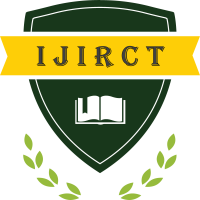Assessment of Soil Amendment Techniques to Mitigate Sodicity in Problematic Soils of Rajasthan
Author(s): Dr Dharmendra Singh
Publication #: 2407095
Date of Publication: 03.07.2017
Country: India
Pages: 1-9
Published In: Volume 3 Issue 4 July-2017
Abstract
This review explores various soil amendment techniques for mitigating sodicity in the problematic soils of Rajasthan, India, a region where soil health significantly influences agricultural productivity. Sodic soils, characterized by high sodium content, adversely affect soil structure, permeability, and crop yields. This paper reviews the efficacy of different amendment strategies—gypsum application, organic and chemical amendments, biological treatments, and physical methods—documented up to 2016. It includes a critical examination of both traditional and innovative methods to improve soil conditions and agricultural productivity. The review synthesizes findings from case studies and regional data, providing a quantitative analysis of these amendment techniques, and highlights the long-term impacts and sustainability of these practices. Additionally, it discusses the challenges faced in the adoption of these techniques, such as economic constraints, availability of materials, and the need for farmer education. The paper concludes with recommendations for future research directions, policy implementation, and integrated management practices to enhance the efficacy and adoption of soil amendments. The overarching goal is to equip stakeholders with knowledge and strategies to implement effective soil health practices that can lead to improved crop yields and sustainable agricultural practices in arid regions like Rajasthan.
Keywords: Sodicity, soil amendments, gypsum, organic matter, Rajasthan, agricultural productivity, soil health, sustainable practices, saline soils, crop yield
Download/View Count: 349
Share this Article
